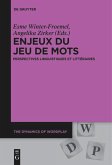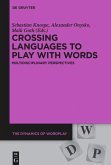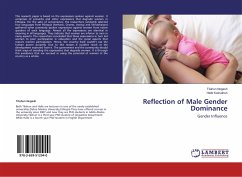Wordplay can be seen as a genuine interface phenomenon. It can be found both in everyday communication and in literary texts, and it can fulfil a range of functions - it may be entertaining and comical, it may be used to conceal taboo, and it may influence the way in which the speaker's character is perceived. Moreover, wordplay also reflects on language and communication: it reveals surprising alternative readings, and emphasizes the phonetic similarity of linguistic signs that also points towards relations on the level of content. Wordplay unravels characteristics of literary language in everyday communication and opens up the possibility to analyze literary texts from a linguistic perspective. The first two volumes of the series The Dynamics of Wordplay therefore aim at bringing together contributions from linguistics and literary studies, focusing on theoretical issues such as basic techniques of wordplay, and its relationship to genres and discourse traditions. These issues are complemented by a series of case studies on the use of wordplay in individual authors and specific historical contexts. The contributions offer a fresh look on the multifaceted dynamics of wordplay in different communicative settings.
Hinweis: Dieser Artikel kann nur an eine deutsche Lieferadresse ausgeliefert werden.
Hinweis: Dieser Artikel kann nur an eine deutsche Lieferadresse ausgeliefert werden.








